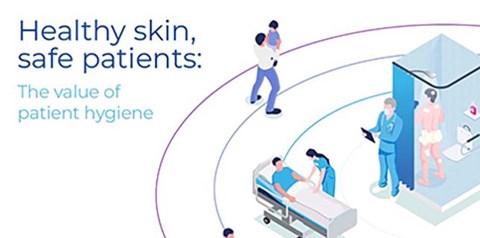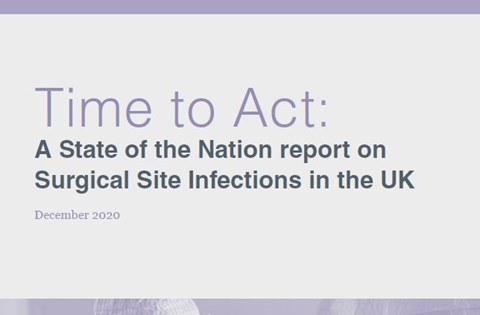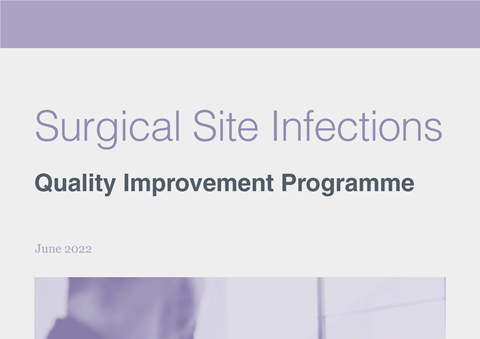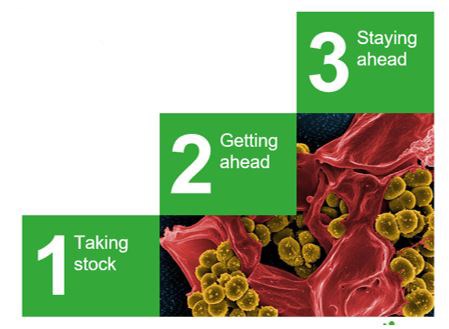
Clinical consensus
Healthy skin, safe patients: the value of patient hygieneThe COVID-19 pandemic has had an adverse impact on the quality of healthcare delivery in the UK. Infection preventionists have had to grapple with the rapidly changing nature of the hospital environment, while also navigating the risks posed by this new disease. The proliferation of life-threatening hospital acquired infections (HCAIs) across the world has placed more impetus on hospitals and healthcare environments to develop a consistent approach to patient hygiene practices, and the UK is no different. With the heightened risk of HCAIs since the pandemic, we owe it to our patients to drive a change in hygiene practices that can ultimately protect them from preventable illnesses.
Clinical consensus
The role and importance of chlorhexidine gluconateHealthcare associated infections (HCAIs) are highly preventable, and there are a number of tools available to healthcare professionals and patients to ensure the risk of infection is minimised.

State of the nation
Time to Act: a state of the nation reportThe report provides the fullest possible picture of SSI rates in the UK, and their impact on patients, clinicians and the NHS. In understanding how to reduce the impact of SSIs, it reviews the best practice taking place from within the UK and around the world.

QIP
Quality Improvement Programme on SSIsThis Quality Improvement Programme for Surgical Site Infections document was developed as an output of an advisory board meeting, convened by Mölnlycke. The meeting focused on developing a resource to aid healthcare professionals to deliver successful infection prevention programmes in their organisations.
EasyWarm
How to use EasyWarmBARRIER® EasyWarm® is a single-use active self-warming blanket that can be used before, during and after surgery to help prevent peri-operative hypothermia

RRP
SSI Risk Reduction PartnershipA multidisciplinary approach that allows healthcare providers to enhance their preparedness, remain vigilant and stay ahead of Surgical Site Infections (SSIs).

We've compiled together some guidelines, policies and recommendations to help you tackle the burden of SSIs
View guidelines, policies and recommendations




